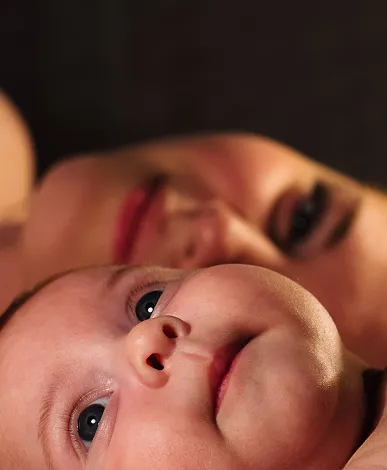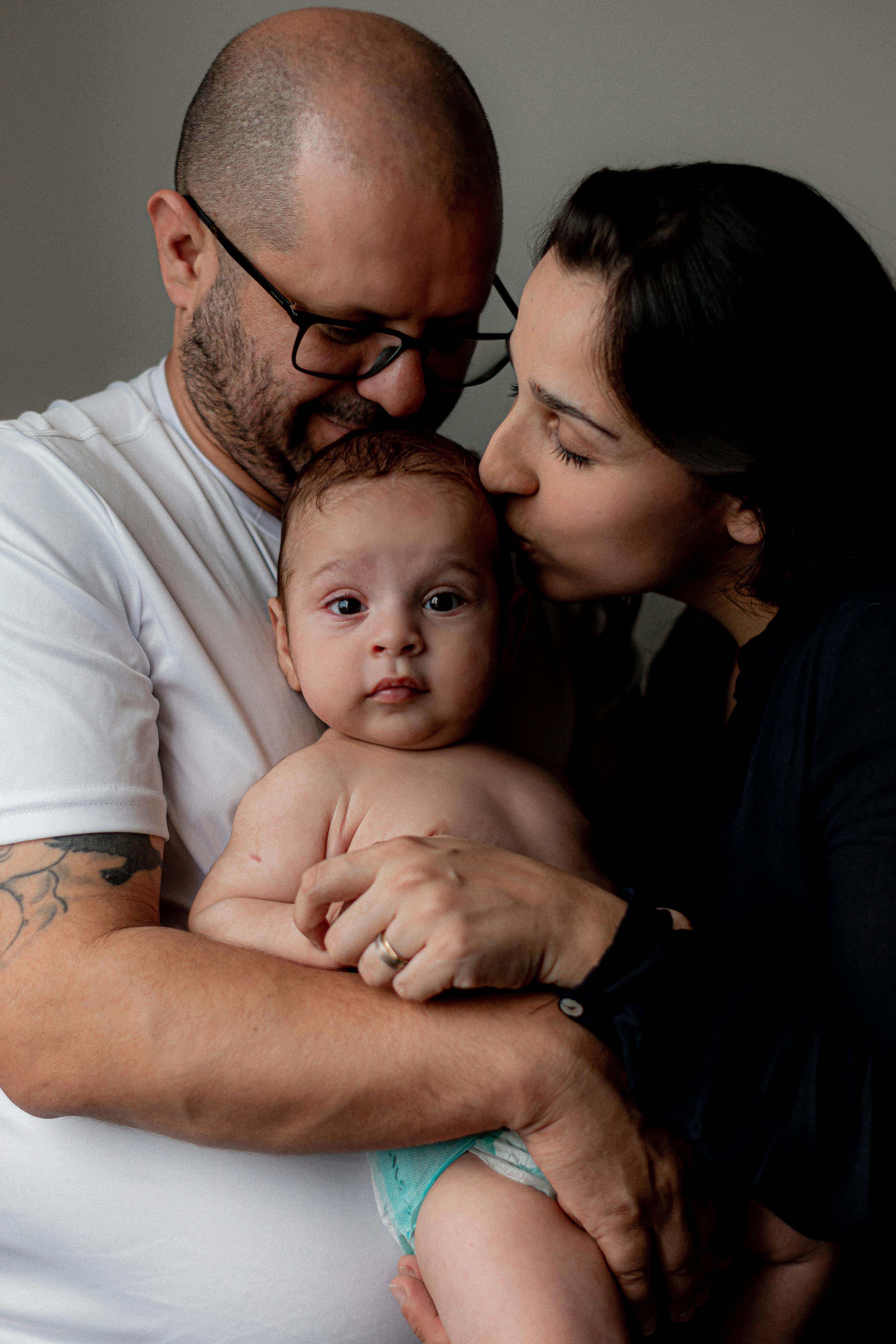Prenatal Testing Options in Los Angeles
When you become pregnant, it is essential to check in regularly with a doctor to ensure you and your little one are in good health. Contact a double-board certified specialist today!
Prenatal screening tests can help to determine if there may be any issues with the pregnancy or the baby. At Reproductive Fertility Center (RFC), we understand the importance of preserving your fertility and your child’s health, and we are committed to helping our soon to be parents however we can.
Types of Prenatal Tests
Most prenatal tests are non-invasive and will not increase the risk of miscarriage. However, screening tests are limited to a few conditions and only check for the likelihood of the baby having the defect rather than determining a diagnosis. The most accurate way to detect a congenital disability remains the more invasive tests, which can pose a minimal risk of miscarriage. Generally, these tests are only done when there is a reason to suspect a problem.
First Trimester Pregnancy Screening Options
Testing done between 11-13 weeks of pregnancy
Ultrasound: this technology creates an image of the baby in the uterus using sound waves
- Used to determine the size and position of the baby, confirm how far along you are in your pregnancy, and find any potential abnormalities in the structure of your baby’s growing bones and organs
- Non-invasive screening
Blood tests: used to determine the chances of specific chromosomal abnormalities
- Tests for the likelihood of Down syndrome, Turner syndrome, and other common chromosomal problems
- Non-invasive screening
Nuchal translucency ultrasound: a specialized ultrasound to check the amount of fluid at the back of the baby’s neck
- Excess fluid may indicate an increased risk of Down syndrome or other anomalies
- Non-invasive screening
Chorionic villus sampling (CVS): a diagnostic test that involves taking a small tissue sample from the placenta. This tissue contains the genetic information of the baby and can be used to rule out or diagnose chromosomal abnormalities.
- Cannot test for neural tubal defects
- Accurate approximately 98% of the time
- Considered invasive and increases the risk of miscarriage by approximately .05% to 1.0%
Second Trimester Screening Options
Testing done between 13-27 weeks of pregnancy
Ultrasound: used to create an image of the baby in the uterus with sound wave technology
- Done to visualize the baby’s full anatomy and assess for either structural anomalies or abnormalities that are specific to certain genetic conditions
- Non-invasive screening
Blood tests: used to evaluate the levels of specific hormones and proteins
- Tests for markers of Down syndrome, neural tubal defects, and Trisomy 18
- Non-invasive screening
Amniocentesis: Generally, this test is only done after abnormal test results or ultrasounds. A needle is carefully inserted into the amniotic sac through the abdomen to withdraw fluid. The amniotic fluid contains fetal cells.
- Amniocentesis can detect 99% of neural tubal defects and almost 100% of certain genetic anomalies
- Similar to CVS testing, this is an invasive diagnostic test that carries a small increased risk of miscarriage
Schedule a Prenatal Test with a Los Angeles Fertility Doctor Today
At Reproductive Fertility Center, it is our mission to help you achieve your fertility goals. If you are looking for a Los Angeles Board Certified Fertility Doctor, do not hesitate to contact our office. We are dedicated to helping you achieve your family goals and able to help every step of the way.
Contact us online, or call us at 310-881-8846
Most Frequently Asked
When should prenatal testing be considered?
How accurate are prenatal screening tests?
Are there any risks associated with prenatal testing?
How do I decide which prenatal tests to undergo?
Are prenatal testing options covered by insurance?

Start your Journey with a Southern California Fertility Specialist
To better service our patients, we have several locations in West Hollywood, Riverside, and Glendora. We also offer private transportation arrangements to in-home care, and nearly everything in-between. Concierge Services will take care of many of the details for you.






